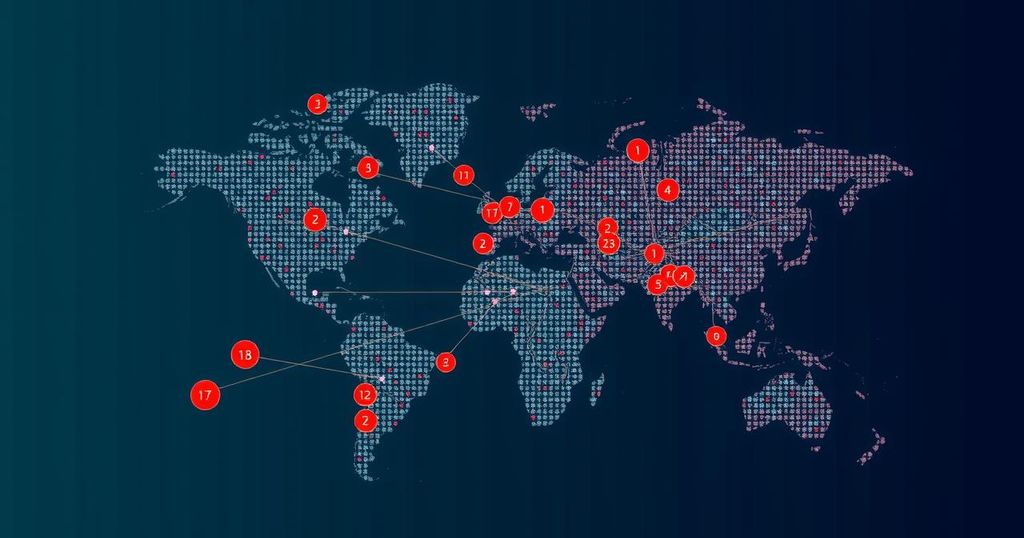Meta concluded that generative AI’s influence on election-related misinformation was negligible, accounting for less than 1% across its platforms. The company rejected numerous requests for AI-generated political images and dismantled several disinformation networks, ultimately indicating effective management of potential threats posed by AI.
At the close of the year, Meta disclosed that concerns regarding the potential use of generative AI in disseminating misinformation during global elections were significantly overstated. According to the company’s analysis, AI-generated content accounted for less than 1% of all fact-checked misinformation related to major elections on platforms such as Facebook, Instagram, and Threads. This assessment encompassed elections in various regions, including the United States, the European Union, and several nations in Asia and Latin America.
Meta’s findings highlighted that while some instances of AI misuse were identified, they were limited in scope. The company’s internal measures reportedly sufficed in mitigating risks associated with AI-generated content during the electoral period. For instance, its Imagine AI image generator rejected approximately 590,000 requests for the creation of manipulated images of prominent political figures in the lead-up to the elections, aiming primarily to curb the proliferation of deepfake content. Furthermore, coordinated accounts attempting to manipulate public perception through disinformation made only marginal gains with the aid of generative AI.
In its ongoing efforts to address covert influence campaigns, Meta took down about 20 new operations worldwide that aimed to inject foreign interference into the electoral process. Analysis indicated that many of these networks were devoid of genuine audiences, often relying on artificial likes and follower counts to create an illusion of popularity. Moreover, Meta criticized other platforms, notably X and Telegram, for being venues where misinformation related to the U.S. elections, particularly those linked to Russian operations, was disseminated.
Concerns regarding the interference of generative AI in electoral processes emerged prominently at the commencement of the year. Various stakeholders expressed apprehension about the technology’s ability to disseminate propaganda and misinformation, potentially undermining the democratic process in multiple countries. In response to these concerns, Meta undertook a detailed examination of AI’s impact on its platforms during significant electoral events.
In summary, Meta’s review indicates a minimal role for generative AI in the spread of election-related misinformation on its platforms. Despite initial fears, the company found that most AI-generated content related to elections was effectively managed through existing policies. The findings suggest that while the technology poses potential risks, Meta’s proactive measures and focus on user behavior over content have shown to be effective in combatting disinformation.
Original Source: techcrunch.com







